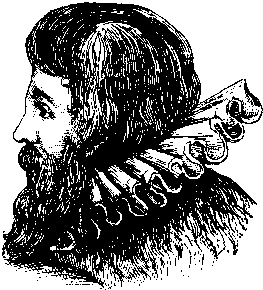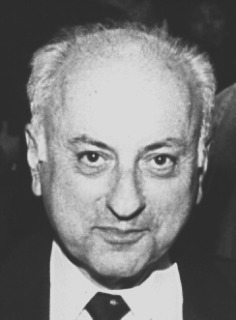A Quote by Bertrand Russell
Physics is mathematical not because we know so much about the physical world, but because we know so little; it is only its mathematical properties that we can discover.
Quote Topics
Related Quotes
It seems that every practitioner of physics has had to wonder at some point why mathematics and physics have come to be so closely entwined. Opinions vary on the answer. ..Bertrand Russell acknowledged..'Physics is mathematical not because we know so much about the physical world, but because we know so little.' ..Mathematics may be indispensable to physics, but it obviously does not constitute physics.
The problem with cinema nowadays is that it's a math problem. People can read a film mathematically; they know when this comes or that comes; in about 30 minutes, it's going to be over and have an ending. So film has become a mathematical solution. And that is boring, because art is not mathematical.
To do any important work in physics a very good mathematical ability and aptitude are required. Some work in applications can be done without this, but it will not be very inspired. If you must satisfy your "personal curiosity concerning the mysteries of nature" what will happen if these mysteries turn out to be laws expressed in mathematical terms (as they do turn out to be)? You cannot understand the physical world in any deep or satisfying way without using mathematical reasoning with facility.
If the system exhibits a structure which can be represented by a mathematical equivalent, called a mathematical model, and if the objective can be also so quantified, then some computational method may be evolved for choosing the best schedule of actions among alternatives. Such use of mathematical models is termed mathematical programming.
It seems perfectly clear that Economy, if it is to be a science at all, must be a mathematical science. There exists much prejudice against attempts to introduce the methods and language of mathematics into any branch of the moral sciences. Most persons appear to hold that the physical sciences form the proper sphere of mathematical method, and that the moral sciences demand some other method-I know not what.
I imagine that whenever the mind perceives a mathematical idea, it makes contact with Plato's world of mathematical concepts... When mathematicians communicate, this is made possible by each one having a direct route to truth, the consciousness of each being in a position to perceive mathematical truths directly, through the process of 'seeing'.
Mathematics is not only real, but it is the only reality. That is that entire universe is made of matter, obviously. And matter is made of particles. It's made of electrons and neutrons and protons. So the entire universe is made out of particles. Now what are the particles made out of They're not made out of anything. The only thing you can say about the reality of an electron is to cite its mathematical properties. So there's a sense in which matter has completely dissolved and what is left is just a mathematical structure.
The mathematical question is "Why?" It's always why. And the only way we know how to answer such questions is to come up, from scratch, with these narrative arguments that explain it. So what I want to do with this book is open up this world of mathematical reality, the creatures that we build there, the questions that we ask there, the ways in which we poke and prod (known as problems), and how we can possibly craft these elegant reason-poems.
Not only in geometry, but to a still more astonishing degree in physics, has it become more and more evident that as soon as we have succeeded in unraveling fully the natural laws which govern reality, we find them to be expressible by mathematical relations of surprising simplicity and architectonic perfection. It seems to me to be one of the chief objects of mathematical instruction to develop the faculty of perceiving this simplicity and harmony.
Mathematics is much more than a language for dealing with the physical world. It is a source of models and abstractions which will enable us to obtain amazing new insights into the way in which nature operates. Indeed, the beauty and elegance of the physical laws themselves are only apparent when expressed in the appropriate mathematical framework.



































